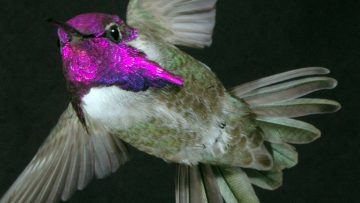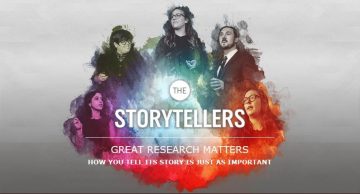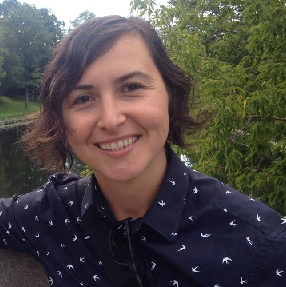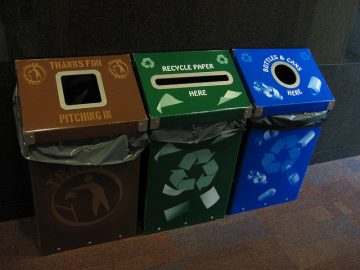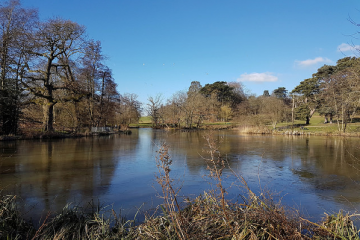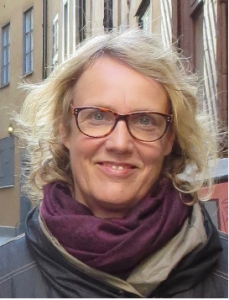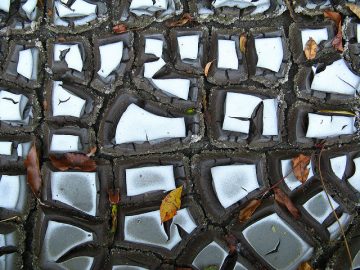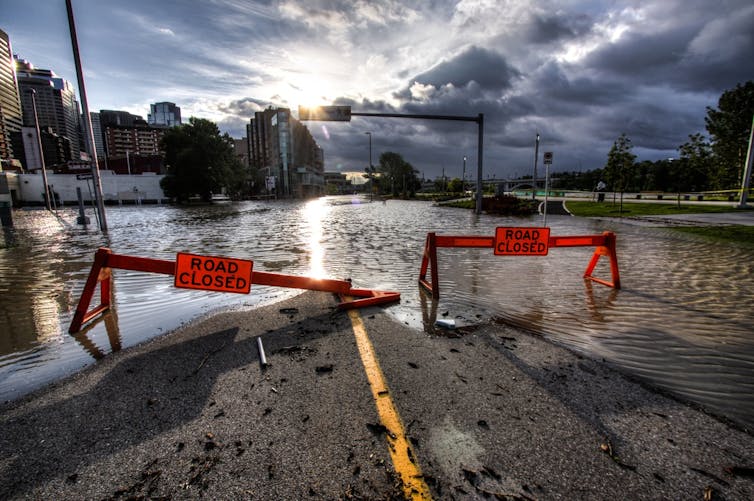
(Ryan L. C. Quan/Wikimedia), CC BY-SA
Alexa Tanner, University of British Columbia and Scott McKenzie, University of British Columbia
For the past five years the message has been the same — Alberta, specifically Calgary, needs flood mitigation, and there is no time to spare in taking action before the Bow or Elbow Rivers spill their banks again.
After all, there were only eight years between Calgary’s last two “100-year floods,” the most recent of which resulted in $6 billion in damages.
The increasing frequency and severity of flooding in Calgary is alarming. The city is built along two flood-prone river systems, and yet mitigation efforts are reactionary and piecemeal.
This is more than evident with flood events being reported across the country this spring, with hundreds of people ordered to evacuate in New Brunswick, Alberta and British Columbia. In New Brunswick, the flooding has been described as the worst in 80 years.
One way flood mitigation can be addressed is through system-wide regional planning that is shaped by public involvement within a transparent decision process. However, the complex nature of massive public works projects frequently results in inaction. Broader support is needed.
Recent research found that the public’s perceptions about the risk of flooding are slowing Calgary’s ability to take the steps it should to lessen the damage from future floods.
What Alberta — and the rest of Canada — needs is a justifiable decision process backed by increasing awareness of the impacts of climate change.
Fleeting experience
People’s perception of risk impacts their beliefs about flooding and their preferred methods to prevent floods.
For instance, after experiencing a flood event, people’s concerns about repeating the experience diminish over time. This makes sense. The motivation to prevent future disasters directly after an event is high, but it decreases as time elapses.
Since personal memories and emotions from large-scale events come and go, many studies have suggested that if we can change the underlying belief systems that drive people’s actions, we would encourage proactive steps to prevent future flooding.
One way to do this is to strengthen people’s awareness of the link between climate change and flood risk. Once the public recognizes that extreme weather, including flooding, is scientifically attributed to climate change, subsequent events reinforce this concern and a desire to take mitigation steps.
After the 2013 flooding in Calgary, a survey found people grasped the future risk of flooding in the short-term (five-year), but not for long-term (100-year).
Longer-term flood risk remains abstract to most because it is less personally or directly relevant. People have trouble imagining how flood risks will play out over generations in the future, let alone the sorts of actions they should take now to meaningfully reduce these impacts.
Next steps
As painful memories of stressful times fade, so too does the motivation to take actions that reduce risks, which, in turn, increases one’s susceptibility to future flood damages. However, boosting people’s knowledge about climate change elevates their perception of risk, and may overcome the limitations of fading memories.
That said, raising climate change awareness is no easy task. One’s beliefs towards climate change reflect one’s broader worldview rather than ephemeral emotional responses.
Read more:
Why some conservatives are blind to climate change
However, once climate change lines up with one’s worldview, concern stabilizes. This is great news for making the long-term changes we need for flood mitigation.
For policy makers, increasing climate change knowledge among citizens may be enough to shift perceptions of flood risk and garner support for flood mitigation.
Flood mitigation across Canada
There are some great examples of how communities have adapted in response to natural disasters, but also many concerns.
After Hurricane Hazel moved through Ontario in 1954, the Toronto and Region Conservation Authority (TRCA) was established to manage river systems and their floodplains across the Greater Toronto Area. The province purchased land in high-risk flood zones, created parks and constructed flood mitigation infrastructure.
However, many Canadians remain at risk of flood damages. In 2016 alone, Canadians paid $600 million in out-of-pocket expenses to repair flood damages to their property.
With aging infrastructure and the increasing risk of extreme weather due to climate change, these costs are likely to increase. Research out of the University of Waterloo found that less than 30 per cent of Canadians who lived in high-flood risk regions had taken action to protect their property, and had minimal interest in purchasing flood insurance.
So where does this leave large-scale flood infrastructure projects?
Debating Calgary’s future
In Calgary, five years after the last flood, there is still persistent and vocal debate around flood mitigation.
Flood mitigation can take many forms, from low-cost education programs to high-cost — and controversial — projects. Those in favour of large-scale mitigation cite the need for infrastructure projects that can manage the risk of flooding without behavioural change. Those against these large-scale mitigation projects, on the other hand, favour making room for the river, and limiting development on high-risk lands.
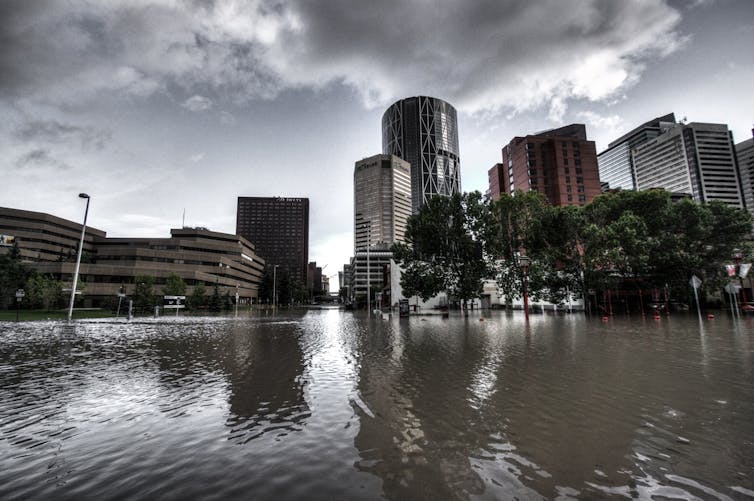
(Ryan L. C. Quan/Wikimedia), CC BY-SA
Neither side is right or wrong; both have strong arguments.
The latest example is the controversial Springbank Off-stream Reservoir. Despite support from the Alberta Minister of Transportation and Calgary Mayor Naheed Nenshi, progress has been stymied by concerns around inappropriate public consultation, incomplete environmental assessments and the underlying hope that flooding will not recur any time soon.
The disjuncture in support for flood mitigation underpins the need for a deliberate flood mitigation strategy that stands up to close scrutiny in Alberta and across Canada.
Without further flood mitigation actions, the risk of extensive damage is ever present. As time passes, and without renewed flood experience, support for all mitigation options will likely decrease.
![]() We shouldn’t be reliant on individual actions or personal experience to motivate risk management. Time is of the essence to increase climate change awareness across Canada and make justifiable flood mitigation decisions.
We shouldn’t be reliant on individual actions or personal experience to motivate risk management. Time is of the essence to increase climate change awareness across Canada and make justifiable flood mitigation decisions.
Alexa Tanner, PhD student, University of British Columbia and Scott McKenzie, PhD Candidate, Institute for Resources, Environment and Sustainability (IRES), University of British Columbia
This article was originally published on The Conversation. Read the original article. It was subsequently published in the National Post and the Weather Network.
